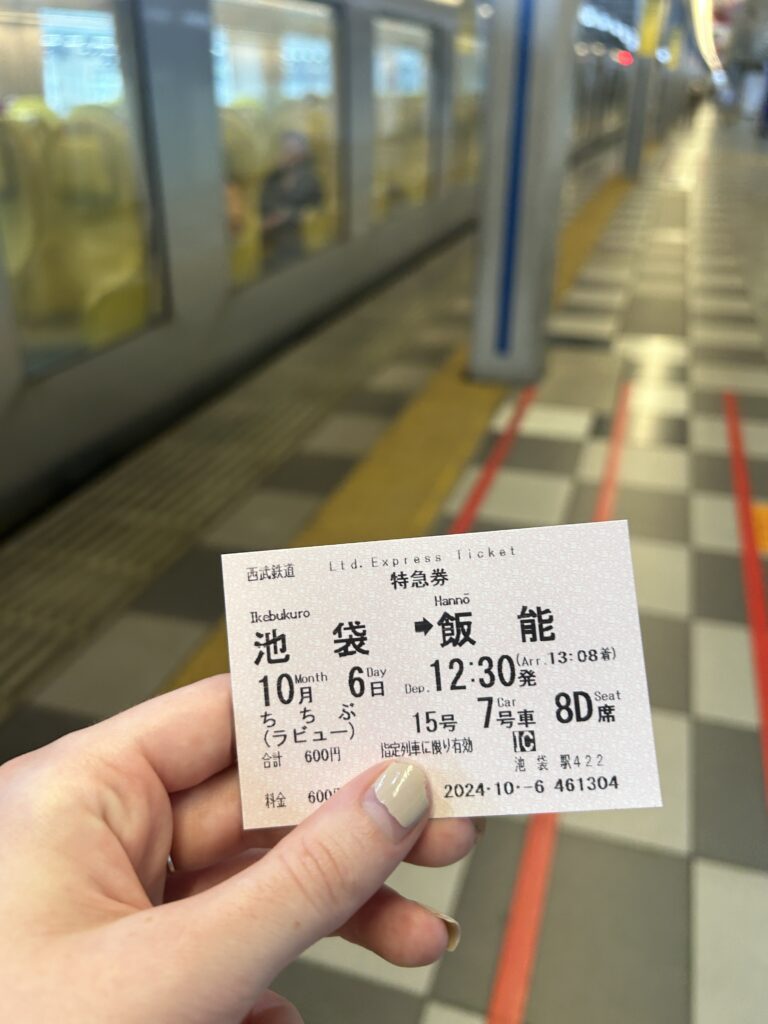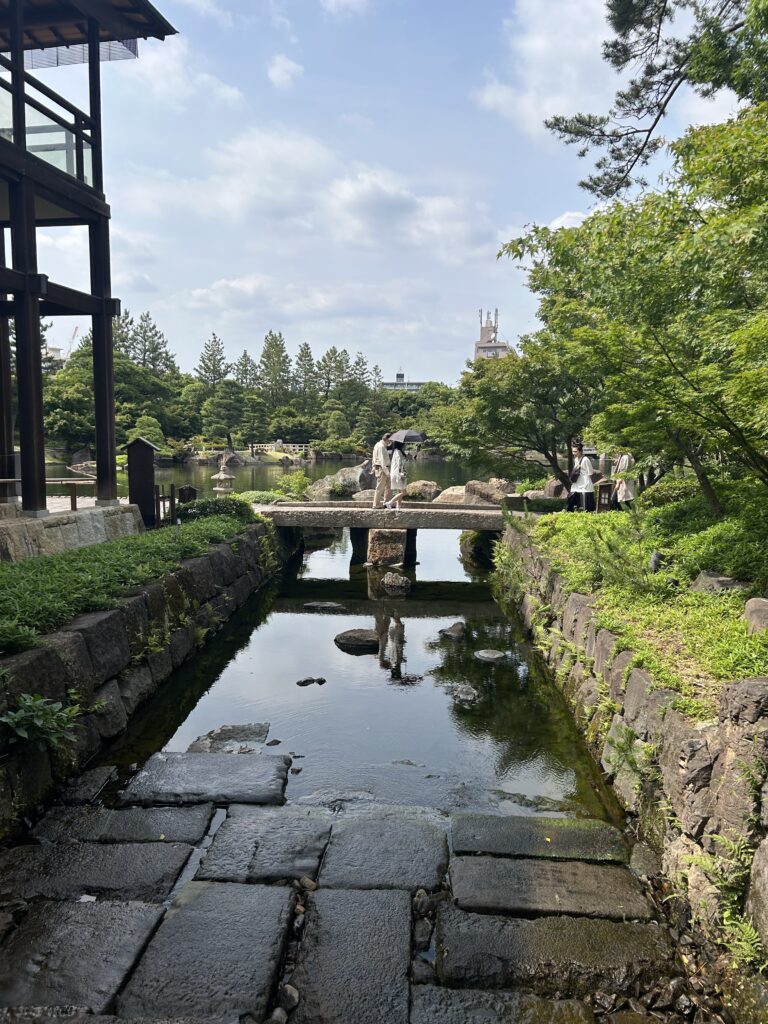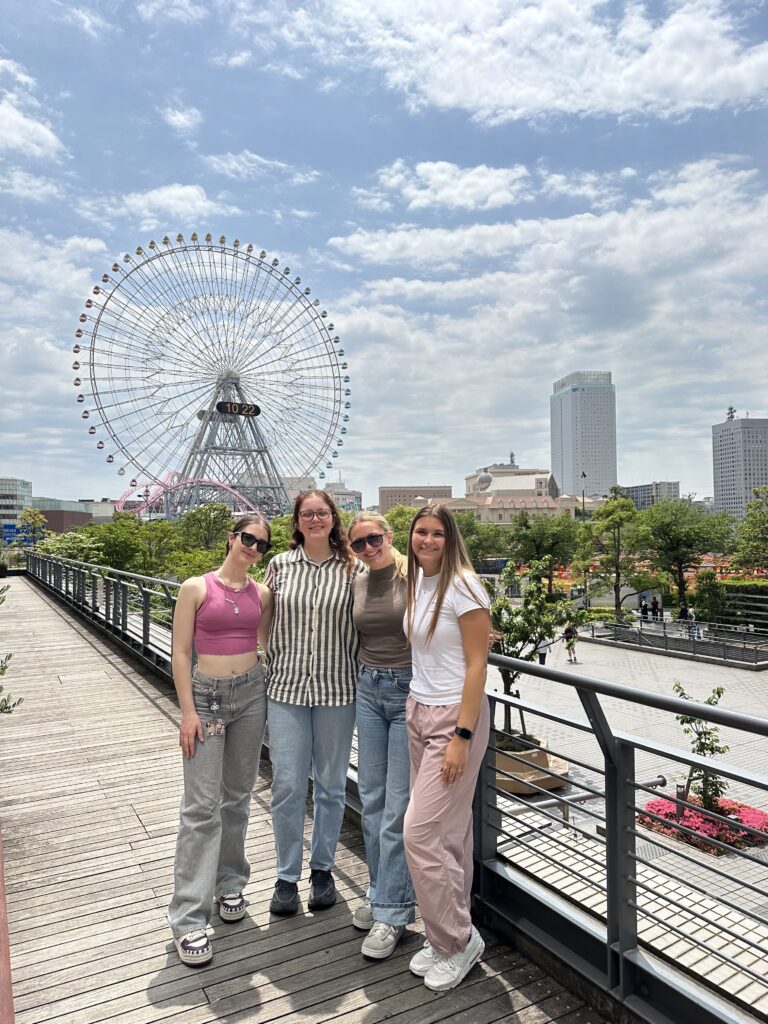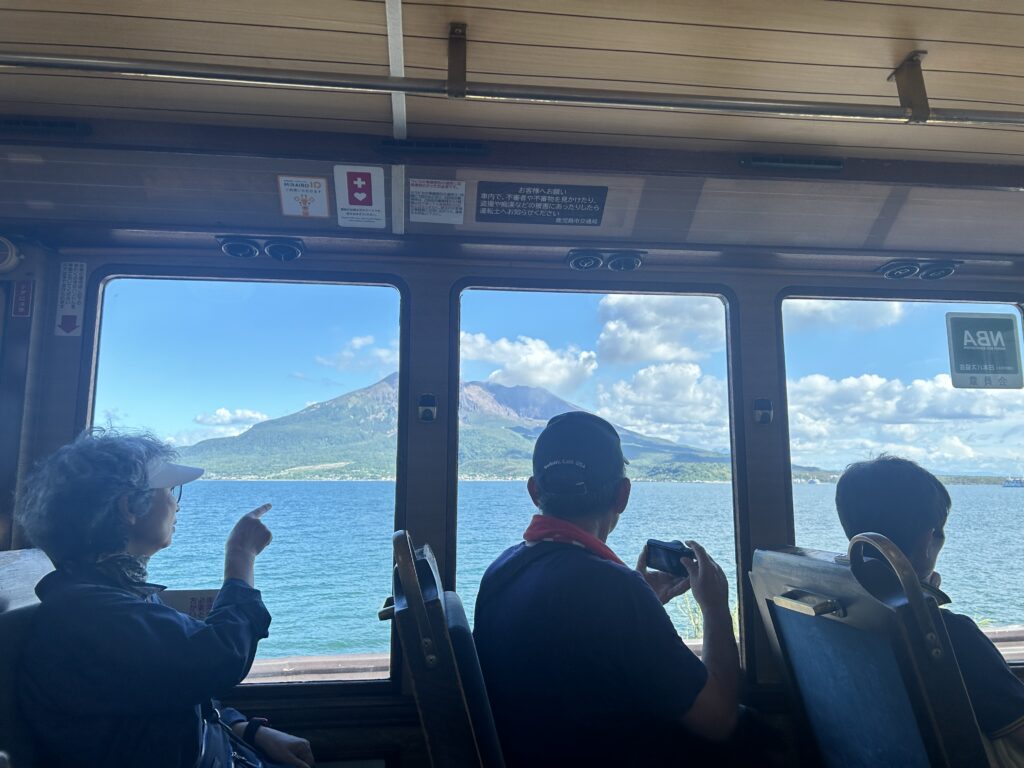Hello! My name is Lilah and I am the current Japan Ambassador for the Teach Abroad program facilitated by TravelBud. If you’re considering moving abroad to teach English, you are likely in the midst of preparing yourself for the variety of cultural differences and changes you will experience living life in another country. Today, I’d like to share some things that I wish I had known about before moving to Japan, along with the solutions I’ve found for dealing with these challenges. I’ve also included a list of five “Frequently Asked Questions” about life in Japan, since I feel that my own takeaways were a little hyper-specific: I’ve lived in Asia prior to moving to Japan, so a lot of the quirks that typically come as a shock to foreigners were pretty familiar to me. I’ll include both lists in an attempt to appeal to audiences who have and haven’t lived in this part of the world before, so I hope everyone can take something from this post!

Banking in Japan
In Japan, it's really difficult for foreigners to obtain a debit card from a Japanese bank. Most companies do not offer this option unless you’ve been in the country for at least six months, and even then it is more than likely you’ll be denied each time you apply. If you have a debit card from your home country that works abroad, then this may not be an issue at first as far as everyday transactions go. However, once I started being paid by my teaching company, all of my paychecks were being deposited onto a cash card, which is the only option available for foreigners. This means that everything I’m being paid each month is only accessible to me via withdrawing cash from an ATM, which is really inconvenient! I’ve circumvented this issue by just deciding to make a one-time international transfer to my American debit card at the end of my contract, but this obstacle is definitely something to think about if you are considering moving to Japan long-term.
Housing Options: Distance to Tokyo
Before moving to Japan, I was really concerned about choosing a housing option that would be within decent proximity to my job in Tokyo without sacrificing some luxuries, like living alone or having decent metro access. Although I am very satisfied with the sharehouse I ended up selecting, I wish I would have known that the transportation quality in Japan allows for people to live farther out from their places of work and still have a fairly easy commute into the city. For example, I currently live in Yokohama and I was really worried that this would result in a super long commute to my school, but I ended up being only 40 minutes away by train. I potentially would have considered residences even farther away if I had known that the reliability of the train system would have me into Tokyo in about the same amount of time leaving from anywhere within the prefecture. My recommendation would be to do some extensive research on travel times and different areas of your placement city, so that you can adequately consider all available housing options.



Clothing: Summer in Japan
Coming from a pretty cold part of the United States, it was a bit of an adjustment for me to get used to the heat and humidity of Japanese summers, especially this year with the extremely high temperatures on the peak days. Since the first time I ever visited Japan was in December, I think I had a bit of a skewed perception of how many hoodies/jackets/warm clothes I would really need while living here - I currently have about 7-8 sweatshirts with me in Japan and I haven’t worn any of them outside in nearly six months. While weather & climate research is kind of a no-brainer before moving to a new place, I would also consider your own tolerances and preferences based on where you are moving from, as this will likely impact your final decisions when packing as well.



Hiragana & Government Documents
In Japan, learning Japanese is not essential to live a fulfilling life here as a foreigner (although you should try to pick up a little bit!) due to the prevalence of English translations on street signs, restaurant menus, and much more. However, many government registration documents require you to at least know how to write your name in simple hiragana (one of the three writing systems in Japan) which was not something I had prepared for prior to being faced with the document in the moment. Before moving to another country, I would recommend knowing how to write at least your name in the native language in case of emergencies!
Research on Different Japanese Regions
Now that I’ve been in Japan for over half a year, I find myself wanting to explore some regions of Japan that are posted about less on travel blogs, having been to the major cities many times. I sometimes wish I would have done the bulk of this research on my own before even arriving in Japan, because now I usually spend my weeknights looking up popular attractions, booking hostels, and arranging train tickets for the next weekend instead of focusing on recharging after long days of teaching. I wouldn’t trade traveling and exploring for anything and I’m certainly not complaining about doing the work myself, but some preliminary planning on my end would have facilitated the execution of these trips and made it a bit easier on myself overall.

Frequently Asked Questions
How is the language barrier? Is it difficult to live in Japan without speaking Japanese?
Like I said before, it’s pretty easy to live in East Asia without speaking the native language since English is so common here. Japan has a really strong international tourism industry, which I think contributes to the high rate of English (or at least Japanese words written in “romaji”, the roman alphabet). I would definitely recommend preparing to live in Japan by learning some “survival Japanese”, such as how to introduce yourself, order at restaurants, and make sure you are coming off as polite. However, I usually follow this rule even when I’m just visiting a place for a regular vacation, so I don’t think you really need to over prepare with language study before starting to live day-to-day life here.
Is the culture shock pretty extreme moving from a country in the West to a country in East Asia?
Personally, I didn’t experience culture shock too badly when moving to Japan or even when moving to South Korea the year before. I think if you are already familiar with pop culture in East Asia or at least do your research before arriving, then you can expect a lot of the day-to-day differences you will experience and it won’t be so shocking. I usually describe it to people as the culture being very different, but the level of modernity being the same if not better than many Western countries, so the quality of life here is really high and doesn’t really contribute to experiencing culture shock as much.
What is the work culture like in Japan? Is it dangerous to work in an extreme culture like this?
Many people in corporate positions in Japan work ridiculous hours, starting from a typical hour of 8 or 9 in the morning but then not returning home from work until 11 or 12 at night or even dedicating their free time on the weekends to their jobs. In my experience, this kind of lifestyle will not be expected from you as a foreigner and especially not within the teaching industry, where there are only certain hours in the day that kids (or adults) are available for lessons. One thing I would be careful about is the possibility of overwork - some teaching companies will expect that you occasionally work on the weekends to facilitate recruitment events or promotional activities, or stay late after your shift from time to time to prepare lessons or give student-parent feedback. I think this expectation is pretty similar to that of other jobs in different industries, and I personally am fine with this once in a while since my company is very fair and compensates for the extra time accordingly. Just be careful you aren’t taken advantage of in this capacity!
What is grocery shopping like in Japan? Is it difficult to live somewhere long-term with unfamiliar foods?
Grocery shopping in a foreign country takes some getting used to, but in Japan, many brands are recognizable and familiar (from someone coming from the United States). I’ve also found that Google Translate will be your best friend, so even if you aren’t sure what something is you can work it out in seconds and make your shopping experience pretty painless overall. I would say that if you like Japanese food (or the food in whichever country you choose) and are willing to try new things, it's no issue at all! Being based in Tokyo means I have pretty easy access to foreign-foods stores, which can help combat cravings for dishes that aren’t readily available for purchase in Japan.
How can I get around Japan? What is transportation like?
Getting around Japan is quite easy once you get used to the different options. There are several different modes of transportation available and multiple different train companies depending on the city, so I think it can be confusing at first depending on what station you are leaving from and where you are trying to go. In time, foreigners can easily get used to the many possible routes you can take in any given direction, especially because everything is displayed in both Japanese and English. I would recommend using Google Maps while living in Japan, as it is extremely helpful in letting you know exact times and locations of trains. You can read my Transportation Guide for more specific details about traveling in Tokyo!
I hope this post was in some way helpful to readers considering moving to Japan or abroad in general! If you are interested in hearing more about my experiences and adventures in Japan, keep up with @travelbudco!
Tags:
Japan


